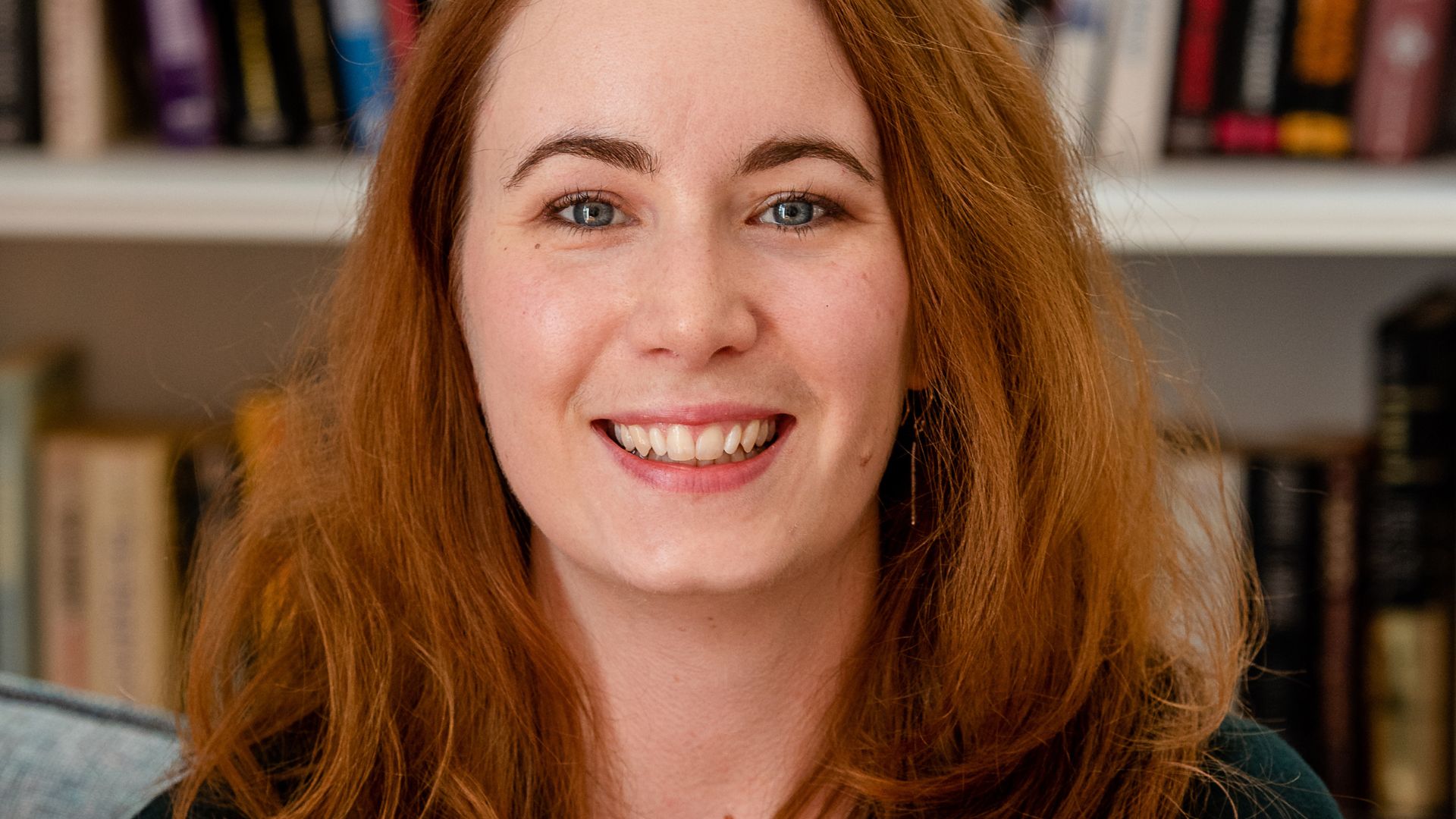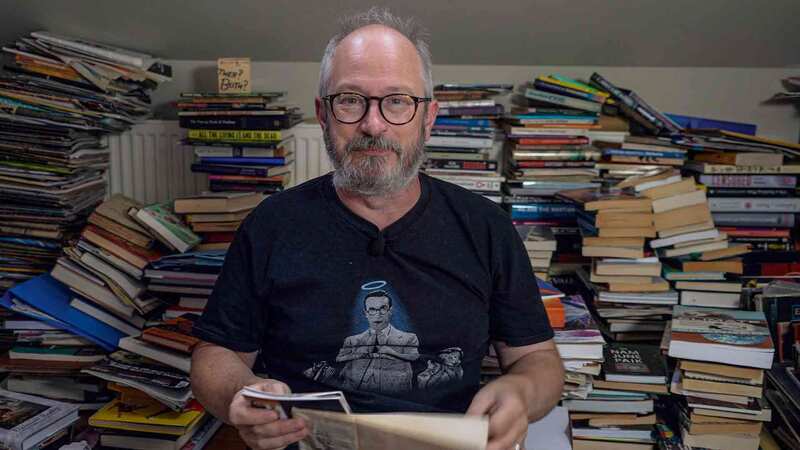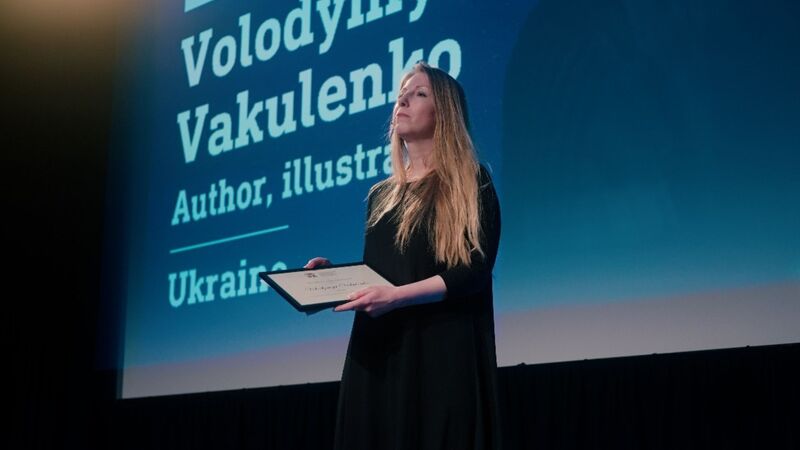You are viewing your 1 free article this month. Login to read more articles.
Freya Marske on joy, romance, magic and the Edwardians
The search for joy continues in the second instalment of Freya Marske‘s fantasy romance trilogy.
I loved the idea that I could tell three love stories and three queer love stories,” says Freya Marske of her queer Edwardian fantasy trilogy, The Last Binding. She is speaking over Zoom from her house in Canberra, ahead of the publication of A Restless Truth, the second novel in the series.
Following on from the escapades of Robin Blyth and Edwin Courcey in A Marvellous Light, the first in the series, A Restless Truth opens aboard the “Lyric”, an ocean liner bound for Britain from the US. Robin’s sister Maud is undercover, escorting and ostensibly protecting Mrs Navenby, an elderly magician with precious knowledge of the Last Contract, the source of all magic. But when Mrs Navenby is murdered, Maud must catch the killer and uncover the plot to manipulate and abuse the Last Contract. Without the help of Robin or Edwin, stranded in the middle of the Atlantic and possessing no magic of her own, Maud must recruit the devilishly entertaining and seductive Violet Debenham, the taciturn Lord Hawthorne and the resourceful Alan Ross to her cause. What follows is a gloriously chaotic and deadly adventure involving a steamy romance, a talking parrot named Dorian and an onboard menagerie.
Marske has created an ensemble cast, inspired by romance writers such as Sarah MacLean, so each instalment in the trilogy has different narrators. It is a “very historical romance trope” but one that enables Marske to expand her world-building and look at what it means for her characters to “come together and find family”. Happiness is key: “Why wouldn’t I want to write books that make people feel like they’ve been swimming in champagne?”, she laughs as she explains that one of the best aspects of romance genre is “that guarantee of ending with joy”. It is like a roller-coaster ride: “You know you’re going to end up safe on the ground. There are going to be some twists and turns and exhilaration along the way, and then you’re going to be safe.”
I am still so used to the default being tragedy that I’m still actively seeking joy
In romance, happy endings are “sacrosanct”, but in Marske’s writing they are not only important but political. “As a queer person writing about queer people in historical settings, the happy ending is still an act of defiance and triumph,” she says. “I think that being able to write stories that reflect the pain that people are experiencing, and that have sad endings, are very important. But for me, I am still so used to the default being tragedy that I’m still actively seeking joy.”
Like Marske, her characters are also seeking joy and trying to find their place in the world. As well as a reverse fantasy heist, A Restless Truth is a “book about identity and people deciding who they are”. The journey across the Atlantic represents a change from “one version of yourself into the truer version of yourself”, tying into Marske’s fascination with liminal spaces, places of transition or an “in-between” space, which she explores throughout the novel. The ship is one example, travelling between two countries, but the gap between magic and non-magic is another. “I love that idea of romance between someone magical and non-magical as liminal space,” a place of change and possibility, she says.
Even the Edwardian setting is laden with meaning: “The more research I did about the Edwardian era, I really loved this idea of it as a kind of liminal space between the Victorian era and the First World War.” It is an “odd little decade” that bore traces of the late Victorian age, “elements of the social change that was going to explode in the First World War” and the disintegrating boundaries between “upstairs” and “downstairs”. “I think this is something that a lot of people wouldn’t particularly know about, except from ‘Downton Abbey’,” says Marske, referring to the BBC historical drama series which follows the highs and lows of the aristocratic Crawley family and their servants.
The other “shallow reason” Marske was drawn to the Edwardian era was a desire to “write a story set on an ocean liner contemporaneous with the ‘Titanic’” but set before that ship’s demise. Although Marske hates maps, she had to confront her dislike with A Restless Truth and complete a “fairly rough map” of the “Lyric” to guide readers through the ship’s layout. The map is now most likely in the bin, she laughs. However, delving into Victorian erotica seemed to alleviate the cartographic burden. “Victorian erotica is wild! It’s both very filthy and very flowery.” Indeed, one of Marske’s favourite scenes involves a stack of Victorian erotica and a slightly bewildered Maud. “I can guarantee you that the portions of erotica read aloud in the book, which I wrote and made up, are entirely historically accurate in terms of tone.”
All aboard
As the “original love story set on an ocean liner”, Marske watched James Cameron’s 1997 film “Titanic” “five or six times” to capture the aesthetic of Kate Winslet and Leonardo DiCaprio’s iconic romance. “I’ve always hoped to be really vocal in my love of romance as a genre,” she says, but when setting out on her writing career Marske had to decide between fantasy and romance. She explains: “That was an interesting choice because I do really love genre romance, and I am actually writing contemporary romances as well, but I wanted to have a fantasy career.”
The third book in the trilogy should feel like rolling downhill—you should have all the pieces on the page
So Marske returned to the magic system loosely established in an unpublished short story she wrote years ago, where the idea for “cradling”—the channelling of magic through a variety of hand gestures—was born: “Once I had that idea of cradling, it just sort of extended from there in combining my love of magic systems that have quite strict rules and have to be deliberately constructed.”
Magic is used to interrogate questions of power—nominally, how to combat its centralisation and abuse. Power will become increasingly central to the plot in book three, with social class set to inform a key romantic relationship. Writing between an intense day job, Marske is in the final stages of her first draft of the last book in the trilogy. She says it will explore “what happens when power is centralised with good intentions, but then the society that is built around that power structure changes, in a way that makes it no longer tenable or no longer a reflection of what it was meant to be like”.
“The third book in the trilogy should feel like rolling downhill—you should have all the pieces on the page,” says Marske, who has been planning the final instalment since the trilogy’s inception. Aware that “everybody wants to see their favourite [character]”, Marske hints that book three promises to be longer and see the entire ensemble cast reunite in what will surely be an epic, magical conclusion.











